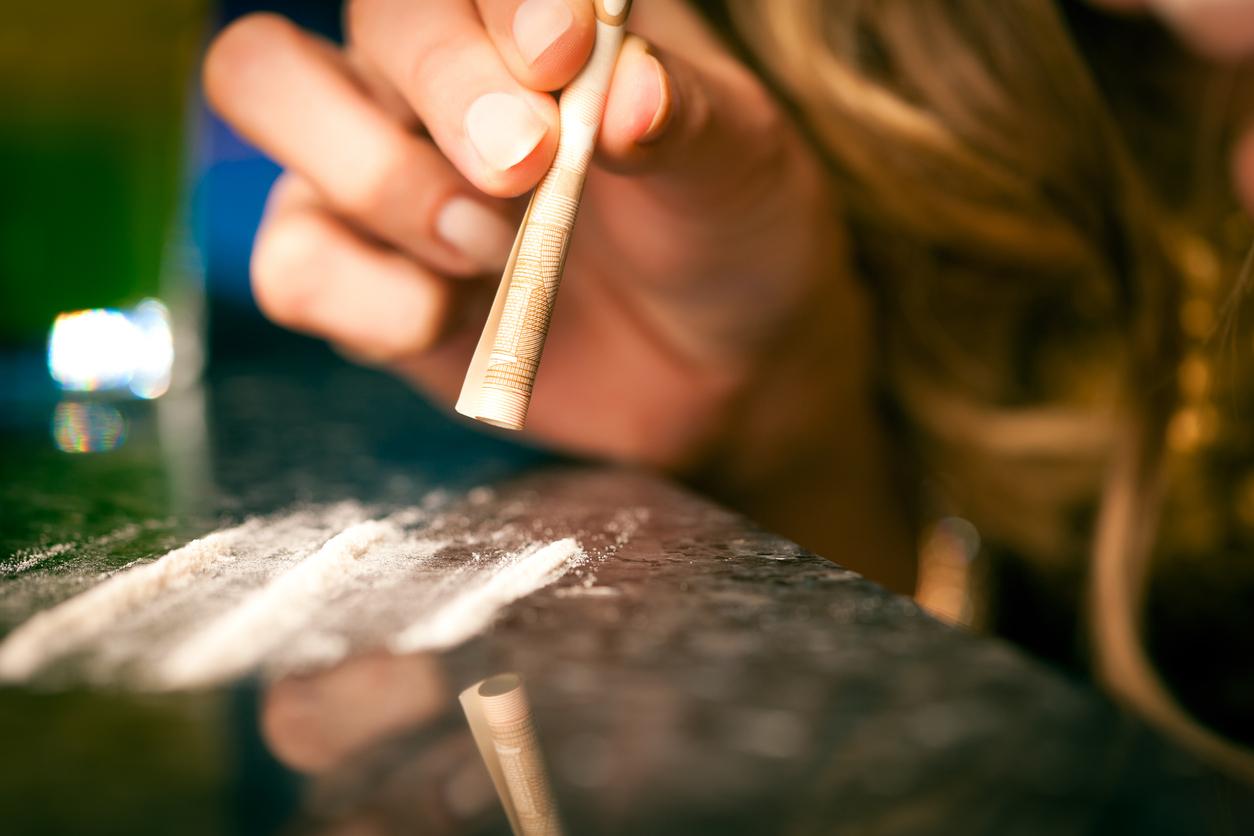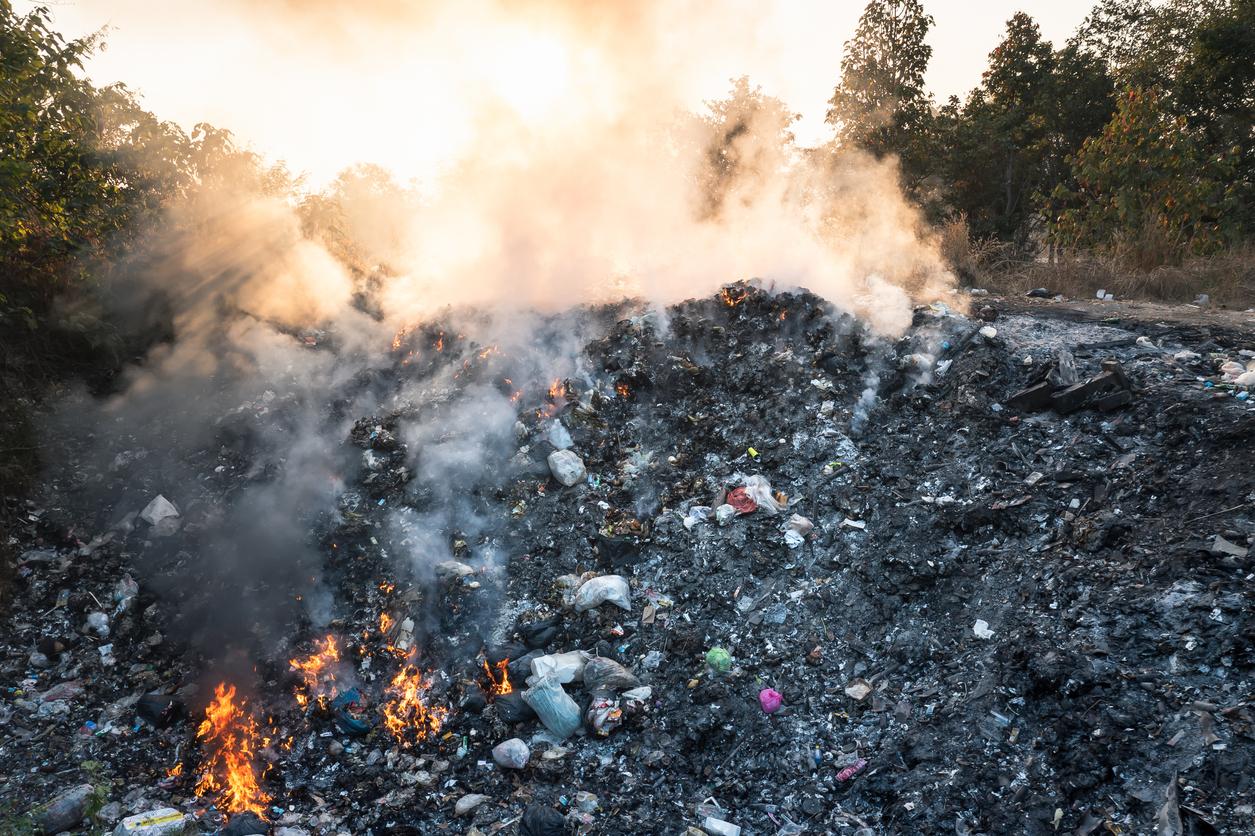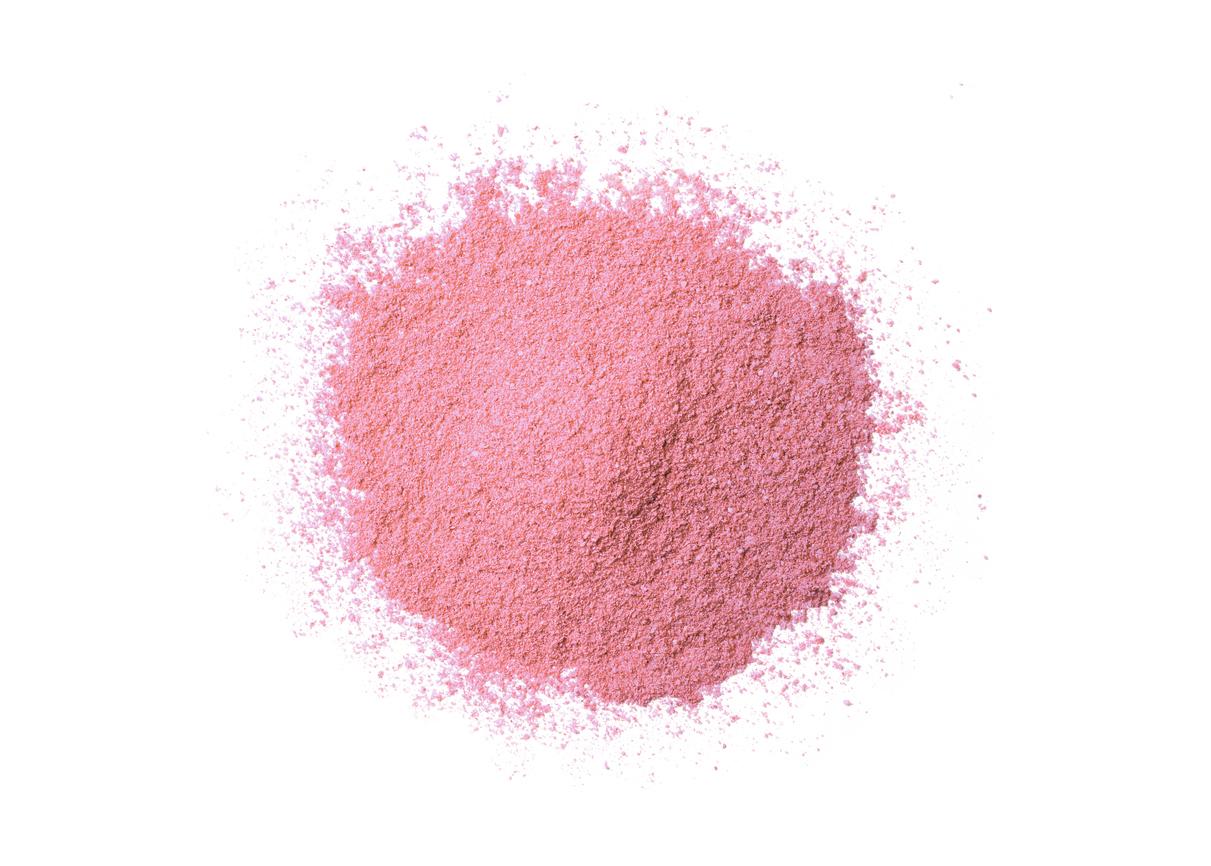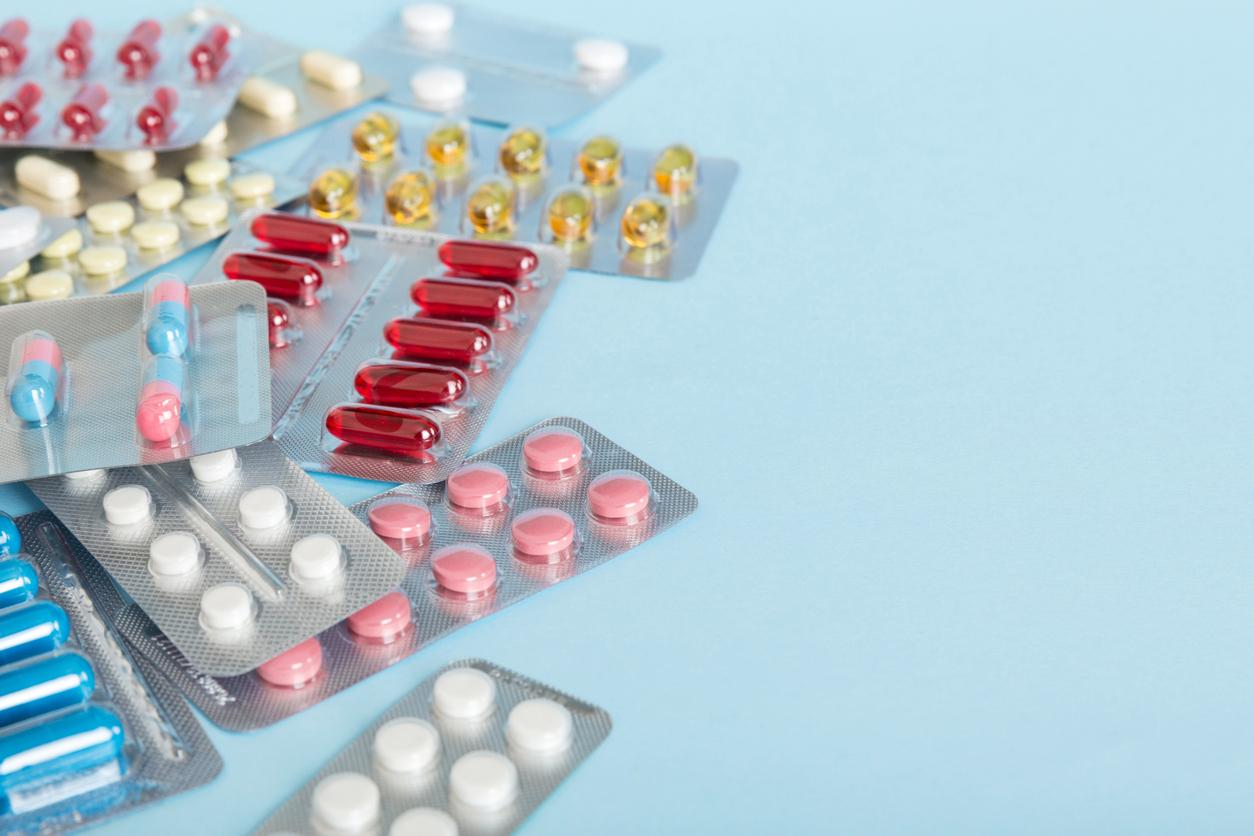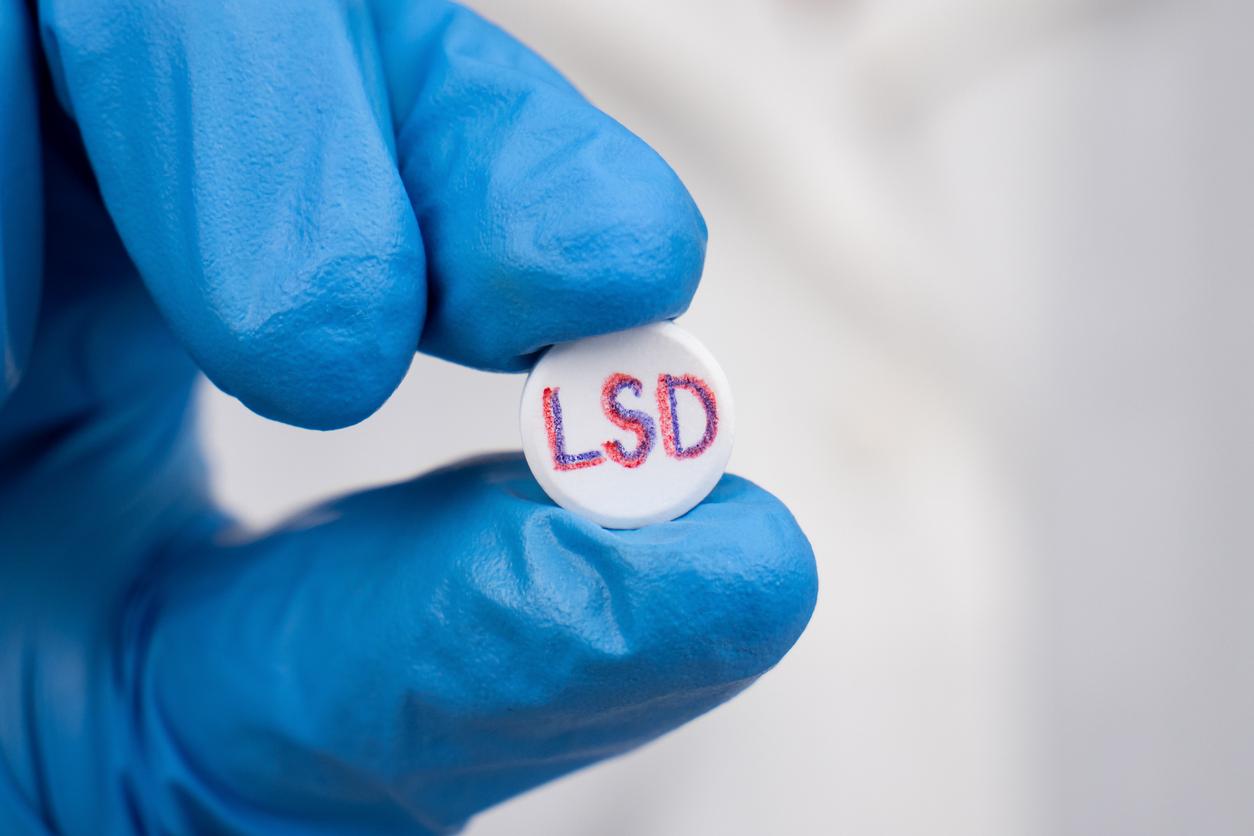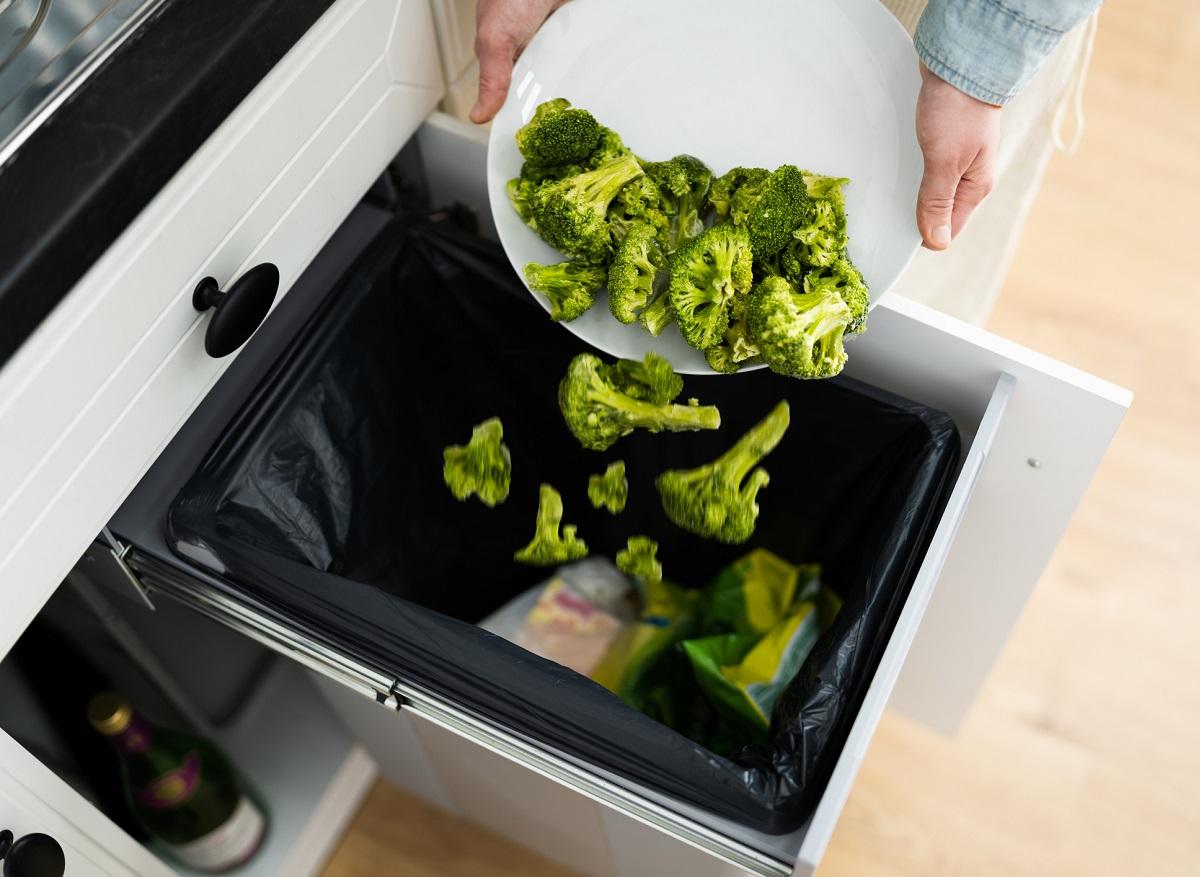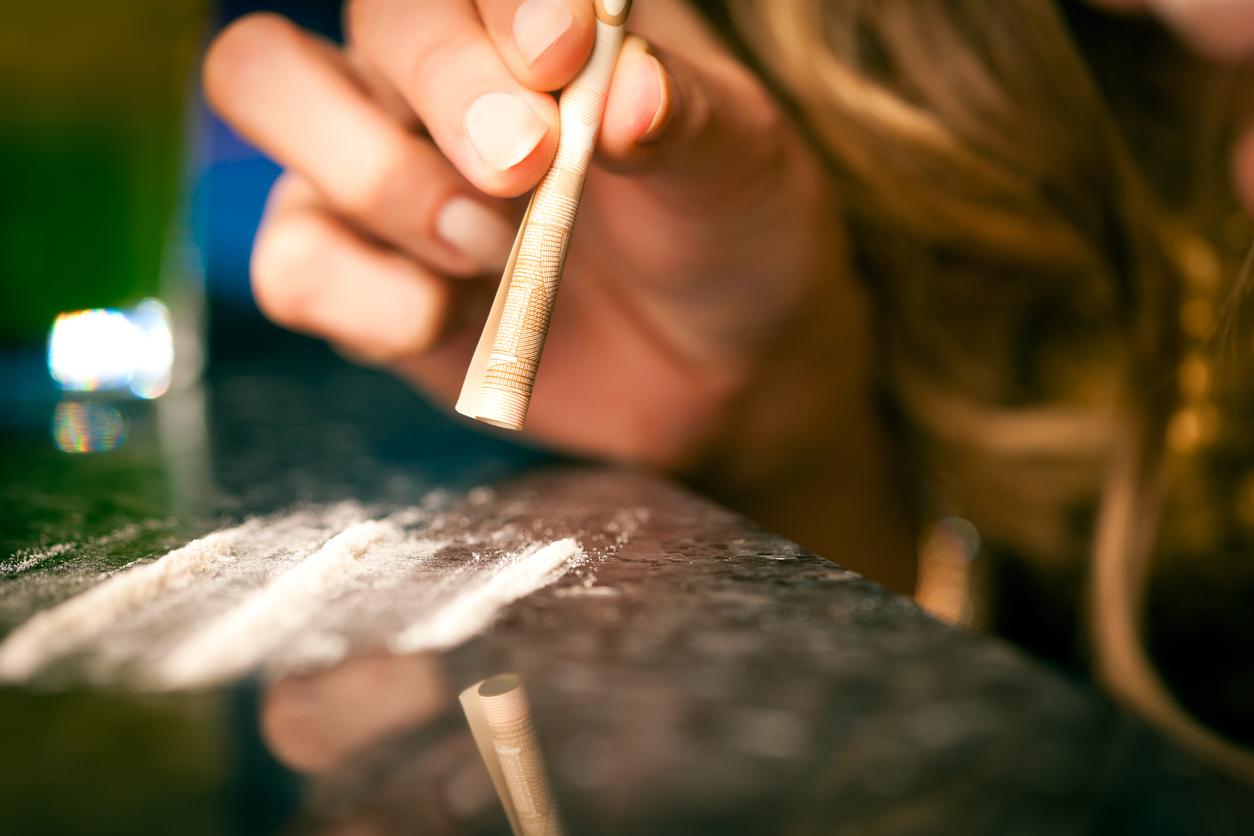Be careful with those medicines
Every year we throw away no less than 100 million euros in unused medicines. In addition, we swallow everything that we do not need at all. Four tips to prevent medicine wastage.
tip 1:
New medicine? Try first
Problem: A third of the users sometimes have medicines left over, according to research by the Nivel. Of them, 28 percent gave the reason: “I was soon given another medicine instead of this medicine.” Nearly a quarter of the respondents said that the doctor had prescribed too much, in more than 10 percent the pharmacy had given more than was stated on the prescription.
Judith Bijloos, spokesperson for the Royal Dutch Society for the Promotion of Pharmacy (KNMP): “In principle, the pharmacy delivers what the general practitioner prescribes. But medicines are sometimes very cheap. Then it is more economical for the pharmacy to give a full box than to prepare a new box with a measured number of pills.”
Solution: Request a two-week trial for a new medicine. Even if you are going to use it for much longer. First check whether you tolerate the new medicine well and whether it works. Only then get a larger stock. Most general practitioners and pharmacists already arrange this in this way. If that doesn’t happen, ask for it yourself.
Savings: It is difficult to say exactly how much is saved by taking stock of new medicines for a maximum of two weeks. But we return no less than 100 million euros worth of unused medicines to the pharmacy every year.
tip 2:
Do not swallow too little or too short
Problem: Many people stop taking a medicine when they need it. Due to side effects, fear of side effects or because they think the drug does not work well enough, 50 to 70 percent of patients stop taking medicines for high blood pressure, cholesterol-lowering drugs, antidepressants and puffs for chronic lung diseases within a year. They often used the drugs for too short a time to benefit, but long enough to experience side effects.
Solution: Use drugs exactly as intended. Take them on time and take enough. Do not just stop taking the medication, especially if you have a chronic condition. Using no or too little medication is not economical, but unhealthy and therefore ultimately expensive. For example, if you forget to take your cholesterol lowering regularly, your cholesterol levels will drop less than if you take it every day.
Sometimes taking a medicine irregularly is even worse than taking nothing at all. Prof. dr. Marcel Bouvy, professor of pharmaceutical patient care and pharmacist: “If you skip some antidepressants for one or two days, you already get withdrawal symptoms that can be worse than the disease. And with medicines to lower the heart rate, the heart rate goes up temporarily if you don’t take them for a few days. Usually that is not a problem, but for someone with a weak heart it can be dangerous.”
Savings: ‘Therapy infidelity’ and also other incorrect use of medicines caused more than four thousand acute hospital admissions in 2006, almost 7 percent of these patients died. (There are no more recent figures.) The costs of this amounted to 18.7 million euros.
tip 3:
Don’t use too long and only use what you need
Problem: There are people who don’t need a medicine, but do take it. For example, antidepressants and sleeping pills and tranquilizers are often used for too long. This also applies to painkillers, nasal sprays and laxatives. Stopping suddenly is often not responsible; you can then experience a lot of withdrawal symptoms.
Solution: Check whether you are using a medicine incorrectly.
That is, if you:
- have used a benzodiazepine for more than four months for anxiety and restlessness (anxiolytic) or as a sleep aid for more than four weeks. You then run the risk of addiction, decrease in effect and side effects.
- (almost) daily use painkillers for the headache. These can cause a painkiller-dependent headache that lasts day and night. The only solution is to radically stop the painkillers, preferably under the guidance of a doctor. Even if you take triptans against the migraine on more than two days a week, you can actually get a headache.
- taking xylometazoline, oxymetazoline or tramazoline (spray or drops for a stuffy nose) for more than five days. When used for too long, the nasal mucosa swells; dripping permanently damages the mucous membrane.
- used the laxative bisacodyl for more than three days for a blocked bowel. The bowel can become ‘lazy’, the stool no longer comes naturally and you tend to use a laxative again.
- have used Nicorette, nicotine patches, or nicotine gum for more than a month but are still smoking. Then you have a greater chance of side effects, and of more serious side effects such as a heart attack.
Ask your doctor to help you stop. Your doctor can help reduce the dose very gradually over days, weeks or even months. This is not easy with help either. Research by Nivel shows that general practitioners find it very difficult to get patients who use benzodiazepines to stop taking them chronically.
on www.benzodebaas.nl information, peer contact and online guidance about stopping benzodiazepines.
Savings: Taking medicines unnecessarily is a waste of money and often unhealthy and therefore even more expensive. The costs are not so much in the price of the medicines, but in the costs of health damage caused by taking too long and the economic damage caused by sick employees. Elderly people taking benzodiazepines fall more often and are one and a half times more likely to break a hip.
tip 4
Have your medication use screened
Problem: One in ten of all drug users uses more than five drugs on a long-term basis. This is one in three of the over 65s. Research among frequent users shows that in the Netherlands, in a quarter of the cases, people received more drugs or a higher dose than they needed, in 17 percent of the cases less.
The more medicines you take and the older you get, the greater the chance that those medicines will not work well for each other or for your body. Due to the aging of the organs, the risk of side effects increases. These side effects often develop so gradually that they are not noticeable at first, but over time they can lead to, for example, falling or forgetting.
Solution: Request a medication check from your doctor or pharmacist if you are 65 years of age or older and/or are becoming more forgetful, have fallen in the past year, have worse kidney function, or are taking more than five different medicines on a chronic basis, especially if they are not all given by the same doctor are prescribed.
The doctor and pharmacist will then check together whether you are taking too many or too few different medicines unnecessarily, whether the dose is correct and whether the medicines can be combined with each other. Approximately three or four errors in (combinations of) prescriptions are found in the Netherlands per medication check.
Not all health insurers reimburse the medication check (in full), even if it is medically and pharmaceutically necessary. In that case, you must (partly) pay it yourself from your deductible (€60 to €70).
Savings: There are indications that a medication check reduces the chance that you end up in hospital unnecessarily. If everyone who needs it would get a medication check, it could save an estimated 150 to 200 million euros.
The evaluation of the medication check shows that 10 to 12 percent of the medication can be stopped safely. For patients aged 65 and older who use five or more different medicines, this also results in a saving of 150 to 200 million euros.
Medications left?
About half of the people who have leftover medicines hand them in at the pharmacy. There they remove the labels for privacy reasons, separate boxes and leaflets from medicines, and deliver the medicines to the municipality as small chemical waste. In 2006, the value of returned drugs was approximately 3.2 percent of total drug expenditure. Since that time, the prices of most drugs have fallen very sharply. 8 percent of the people hand in the medicines themselves at the chemotherapy cart or the municipal waste depot. 11 percent throw leftover medicines in the trash and 2 percent flush them down the toilet.
Sources):
- Plus Magazine







